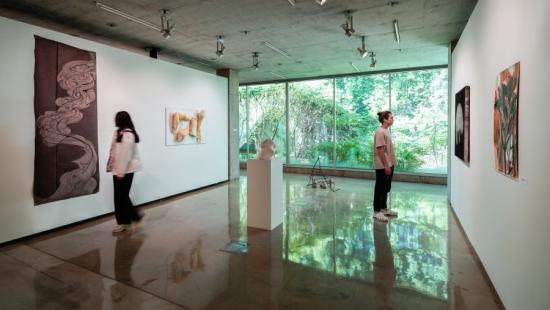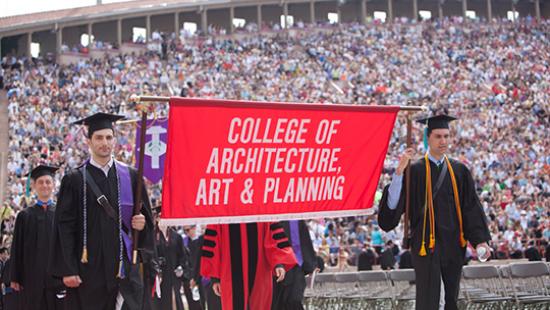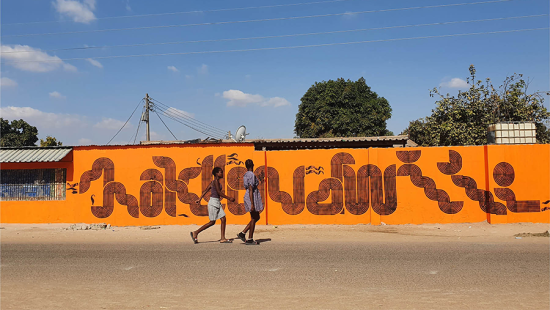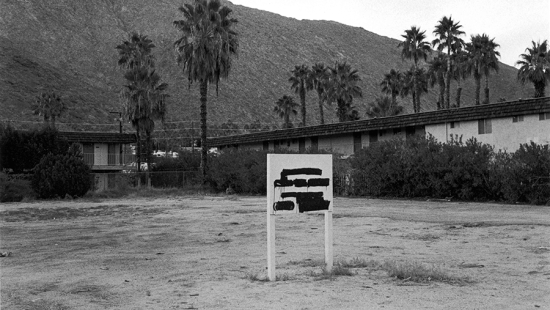J. Yolande Daniels: Building | Un-Building
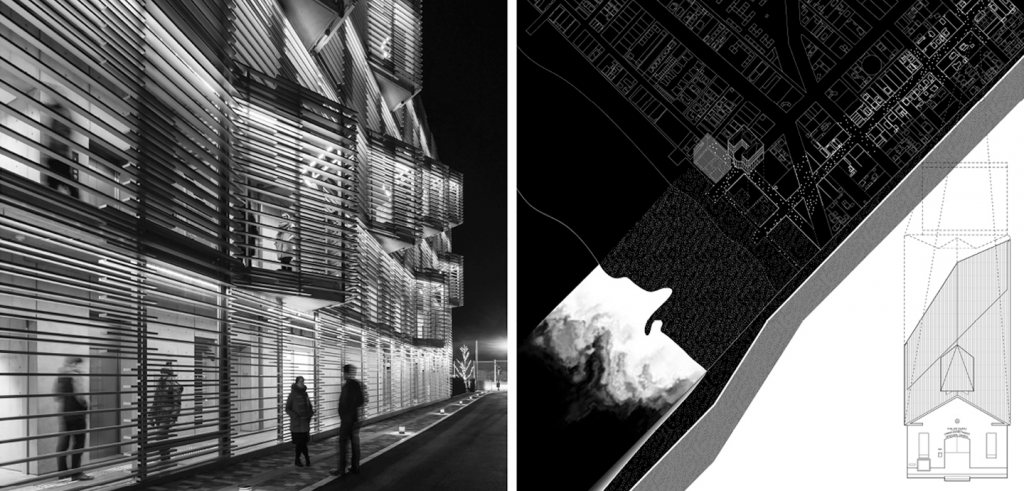
Black city: the Los Angeles Edition photo / J. Yolande Daniels & Chaila Johnson
Bio
J. Yolande Daniels is an Associate Professor in Architecture at the Massachusetts Institute of Technology. Daniels has a design practice that includes independent research and built work. She is a recipient of the Rome Prize in Architecture and a fellow of the Independent Study Program of the Whitney American Museum of Art in studio practice and cultural studies. She is the president and a cofounding member of the Black Reconstruction Collective, a non-profit dedicated to spatial emancipation as social justice.
J. Yolande Daniels and Sunil Bald cofounded the architecture and design practice, studioSUMO in New York City in 2000. Both the practice and projects have been recognized for design excellence by organizations including the Venice Biennale, Japan National Design Council, German National Design Council, Chicago Athenaeum, AIA New York City Chapter, AIA New York State, New York State Council on the Arts and New York Foundation for the Arts, American Academy of Arts and Letters, Emerging Voices, Design Vanguard, and the League Prize.
Abstract
In the presentation Building | UnBuilding, J. Yolande Daniels provides a brief view of an architecture practice that bridges architecture with critical and social theories, systems thinking, and historical narratives. Daniels seeks to unbuild conventions through building, and she has created an analytical, conceptual, and constructive practice that pairs architectural building projects (that focus on Housing, Education, and the Arts in the practice studioSUMO that she cofounded with Sunil Bald in 2000) with independent design-research that examines how the construction of spaces, places, buildings, and cities are products of the social systems that produce them. In her research, Daniels reflects upon the spatial effects of the systems of power exemplified in race, gender, class, and other subordinated hierarchies to reveal the connection of physical forms to patterns of behavior, concepts, and system.

